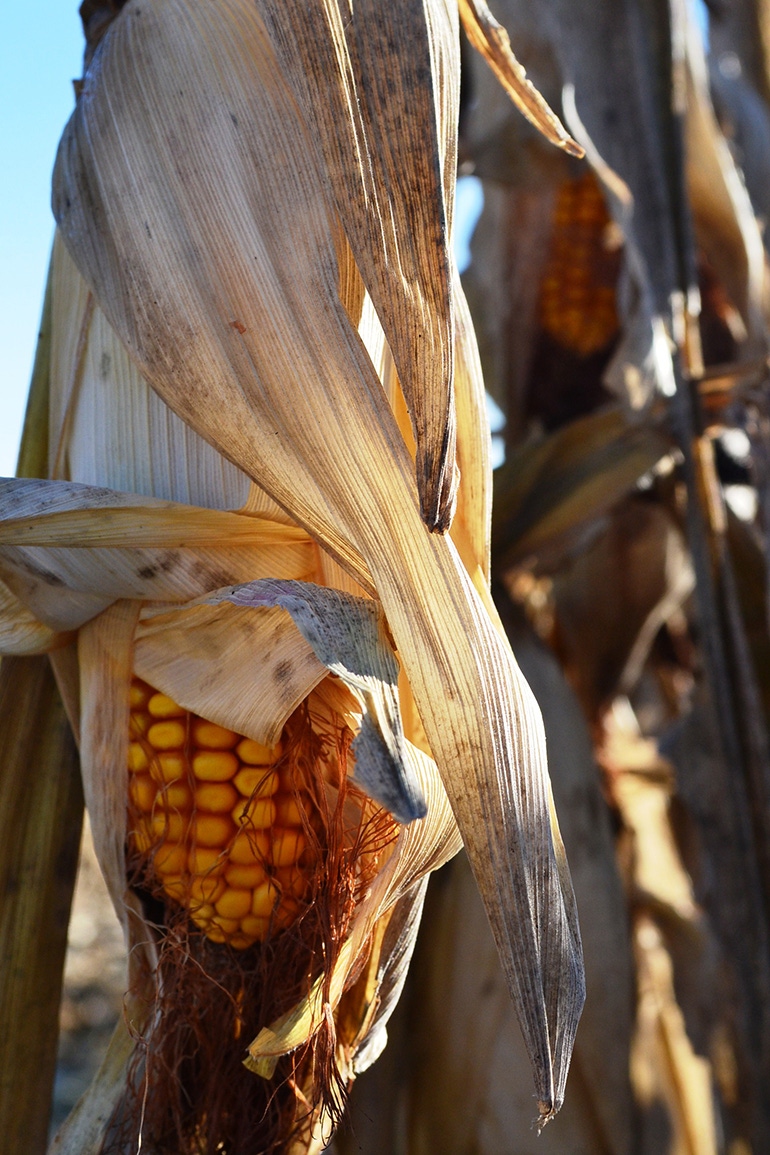USDA starts paying out crop payments; livestock haulers to be held accountable for animal welfare; PEW says FDA needs to do more on animal drug labels; report shows net income increased for top 100 co-ops.

USDA has started making more than $7 billion in payments to producers of corn, soybean, wheat, rice and peanut enrolled in either the Agriculture Risk Coverage or Price Loss Coverage programs for the 2015 crop year.
Illinois, Indiana and Ohio are seeing some of the highest ARC payment rates for the 2015 crop year. This is a 35% increase over the previous payments made last year for the 2014 crop year. Secretary of Agriculture Tom Vilsack said, “This fall, USDA will be making more than $7 billion in payments under the ARC-county and PLC programs to assist participating producers, which will account for more than 10% of the USDA’s projected 2016 net farm income.”
This year USDA in an effort to assist producers created a one-time cost share program for cotton ginning, purchased $80 million in excess commodities to be redirected to food banks, and made $11 million in payments to dairy farmers through the Dairy Margin Protection Program. The 2014 farm bill authorized the ARC-PLC safety net to trigger and provide financial assistance only when decreases in revenues or crop prices, respectively, occur.
Livestock haulers accountable for animal welfare
Livestock transporters and haulers not employed by an official establishment will be held accountable for humane handling of hogs, cattle, sheep and goats prior to slaughter when on the premises of an official plant under a notice issued by USDA’s Food Safety and Inspection Service.
The agency intends to initiate civil or criminal action against people not employed by an official establishment if they handle livestock inhumanely in connection with the slaughter on the site. FSIS says it, “believes these actions will further improve the welfare of livestock handled in connection with slaughter by ensuring that all persons that inhumanely handle livestock in connection with slaughter are held accountable.”
PEW study says FDA needs to do more on animal drug labels
In a recent study Pew Charitable Trust says the Food and Drug Administration is not doing enough to review labels for animal drugs. According to Pew, approximately one-third of labels for medically important antibiotics for food animals do not meet FDA’s standards for judicious use. Pew reviewed 389 labels for medically important antibiotics for animals and found that 140 labels didn’t follow FDA’s judicious-use standards.
According to the study, nearly 30% of the drug labels reviewed didn’t limit the duration of use, and 25% didn’t give dosages that took into account the animal’s weight. The FDA in September in the Federal Register asked for public comments on whether to limit certain drugs not covered by current guidance.
USDA annual report shows net income increased for top 100 cooperatives
Net income for the top 100 agricultural cooperatives increased from $4.3 billion in 2014 to $4.9 billion in 2015 according to USDA latest report on cooperatives. Also, the total business volume for the top 100 agriculture cooperatives fell from $177 billion in 2014 to $149 billion in 2015. The top five cooperatives are CHS of Inver Grove Heights, Minn.; Dairy Farmers of America of Kansas City, Mo.; Land O’Lakes Inc. of St. Paul, Minn.; Growmark Inc. of Bloomington, Ill.; and Ag Processing Inc. of Omaha, Neb. States with the most cooperatives in the top 100 are Iowa with 15, Minnesota with 11 and Nebraska with nine.
About the Author(s)
You May Also Like



